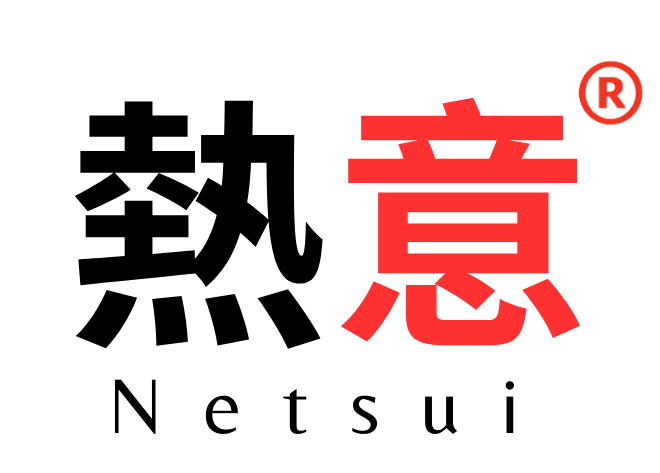


Microservices Program

Linux & Microservices Program
Duration: 4 Months
Course Type: Offline Sessions
Our Advanced Linux and Microservices Training Program is designed for IT professionals and developers seeking expertise in Linux systems and microservices architecture. This program offers a deep dive into Linux operating system fundamentals, coupled with advanced microservices concepts, empowering participants to build scalable, resilient, and efficient applications.
Key Features
- 100% Job Guaranteed: The candidates who are admitted for the training program will be directly absorbed by Zestlogic Systems pvt.ltd
- Comprehensive Curriculum: A carefully crafted curriculum covering essential theoretical knowledge and hands-on practical skills in the chosen field.
- Expert Instruction: Training led by experienced instructors and industry experts, offering in-depth insights and real-world examples to enhance learning.
- Hands-on Experience: Practical, hands-on sessions and projects allowing participants to apply the learned concepts in real-world scenarios, reinforcing understanding and skill development.
- Interactive Learning: Engaging workshops, group discussions, and interactive sessions fostering collaboration, problem-solving, and knowledge exchange among participants.
- Industry-Relevant Content: Training content designed to align with current industry trends, best practices, and emerging technologies, ensuring participants receive relevant and up-to-date knowledge.
- International Projects: Opportunities to work on International projects or case studies, allowing participants to apply their skills to solve practical challenges and build a portfolio of work.
Key Topics in Linux
- Introduction to Linux: History and evolution of Linux, Linux distributions (Ubuntu, CentOS, Debian, etc.)
- Basic Linux Commands: File system navigation and manipulation, user and group management, permissions and security, package management (apt, yum)
- Shell Scripting: Bash scripting basics, variables, loops, and conditional statements, scripting best practices
- Linux Networking: IP addressing and subnetting, network configuration and troubleshooting, firewalls and security groups
- Linux System Administration: Process management, system monitoring and performance tuning, backup and recovery strategies
Microservices Architecture:
- Introduction to Microservices: Definition and characteristics of microservices, benefits and challenges of microservices architecture
- Containerization: Docker fundamentals, creating and managing Docker containers, Docker Compose for multi-container applications
- Container Orchestration: Introduction to Kubernetes, deploying applications on Kubernetes clusters, service discovery and load balancing in Kubernetes
- Microservices Communication: RESTful APIs and HTTP/HTTPS protocols, API Gateways and reverse proxies, message brokers (e.g., RabbitMQ, Apache Kafka)
- Service Discovery and Load Balancing: Service discovery with tools like Consul, etcd, load balancing strategies for microservices
- Monitoring and Logging: Application performance monitoring, centralized logging with tools like ELK stack (Elasticsearch, Logstash, Kibana)
- Security in Microservices: Authentication and authorization mechanisms, API security (OAuth, JWT), secure communication between microservices
- Continuous Integration and Deployment (CI/CD): Version control systems (Git), CI/CD pipelines using tools like Jenkins, GitLab CI, blue-green deployments and canary releases
- Microservices Testing: Unit testing and integration testing of microservices, contract testing and consumer-driven contract testing
- Best Practices and Patterns: Microservices design patterns (e.g., API Gateway, Circuit Breaker, Saga), error handling and fault tolerance strategies, scalability and performance optimization techniques
Want to know more?



